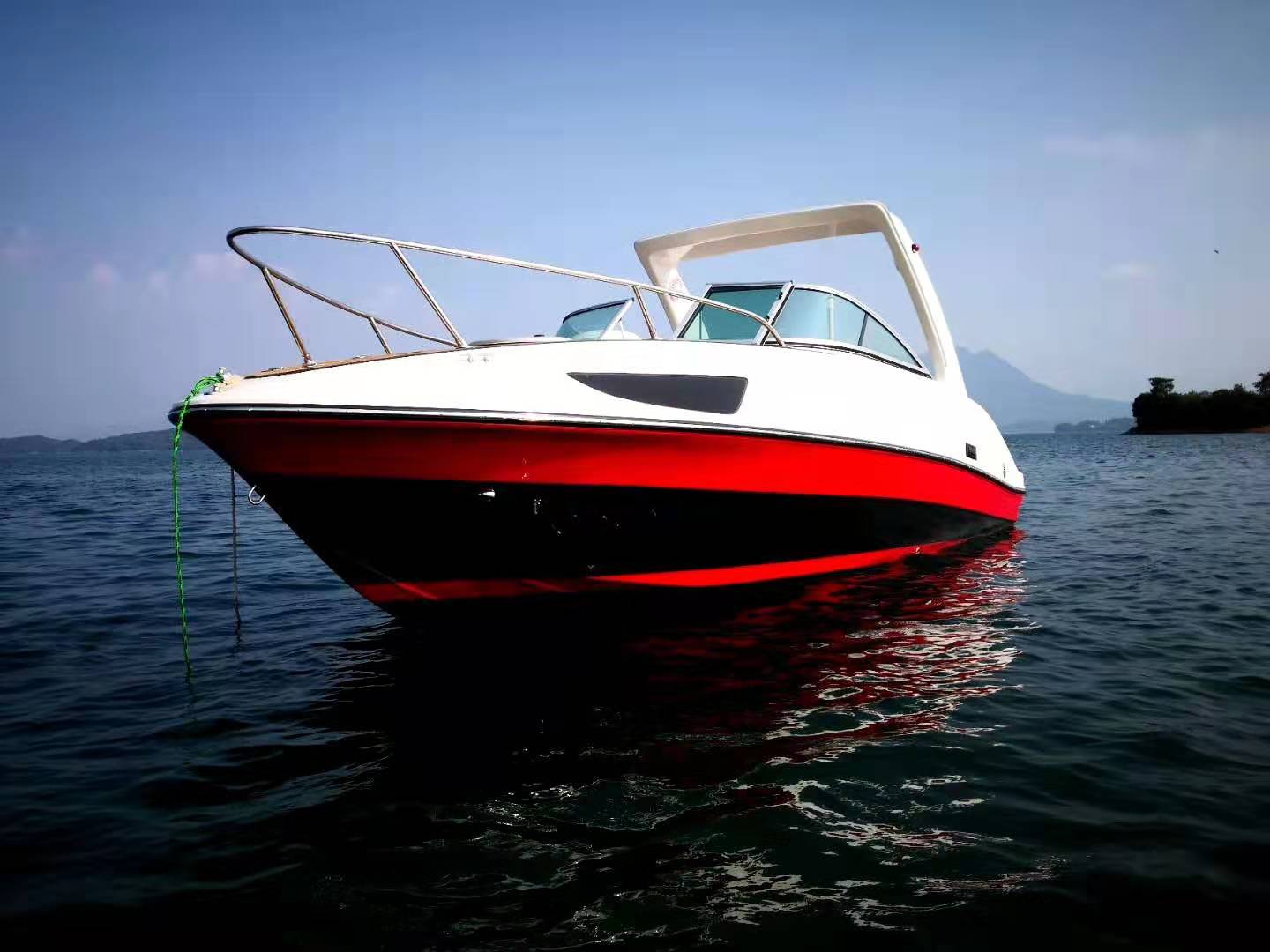A fiberglass boat hull is a type of vessel structure manufactured using Glass Fiber Reinforced Plastic (GRP). This material possesses characteristics such as lightweight, high strength, corrosion resistance, and durability, making it widely applied in the field of shipbuilding. Here is some information about fiberglass boat hulls:

Asia composite materials (Thailand)co.,Ltd
The pioneers of fiberglass industry in THAILAND
E-mail:yoli@wbo-acm.com Tel: +8613551542442
Manufacturing Process: The process of manufacturing a fiberglass boat hull typically involves the following steps:
Mold Preparation: Firstly, a boat model is created according to design requirements. Then, a mold of the boat is made using the model. This mold will be used for the layering of plastic and fiberglass.
Layering: Inside the mold, layers of fiberglass cloth pre-impregnated with resin are stacked. These layered cloths will form the outer shell of the boat. Different thicknesses of fiberglass cloth can be used in different areas as per design needs to achieve the required strength and structural characteristics.
Impregnation and Curing: During the layering process, the fiberglass cloth is bonded together by impregnating them with resin. Subsequently, the resin solidifies through a curing process, creating a strong bond that makes the structure rigid and stable.
Trimming and Finishing: After the impregnation and curing are complete, the boat hull might undergo trimming, polishing, coating, and other finishing steps to achieve a smooth surface and the desired appearance.
Advantages: Fiberglass boat hulls offer the following advantages:
Lightweight and High Strength: Compared to traditional metal boat hulls, fiberglass boat hulls are lighter yet maintain significant strength and stiffness. This allows vessels to utilize fuel more efficiently during navigation.
Corrosion Resistance: Fiberglass does not corrode in water, making fiberglass boat hulls perform well in marine environments with saltwater.
Design Flexibility: Fiberglass can be molded, allowing greater design freedom for the boat’s shape and appearance, leading to innovative vessel designs and improved performance.
Low Maintenance Costs: Fiberglass boat hulls have lower maintenance costs compared to traditional metal hulls, as they are less prone to corrosion and rust.
Considerations: While fiberglass boat hulls have numerous advantages, several points should be noted:
UV Radiation: Prolonged exposure to UV radiation can cause gradual fading and degradation of fiberglass. Adequate measures, such as UV protection and shielding, may be necessary.
Repair Complexity: Although maintenance costs are lower for fiberglass boat hulls, repairing significant damages can be relatively complex, requiring professional skills and materials.
Thermal Expansion: Fiberglass has a relatively high coefficient of thermal expansion, necessitating consideration of material’s thermal expansion characteristics during design and manufacturing.
In conclusion, fiberglass boat hulls play a crucial role in modern shipbuilding due to their excellent performance and adaptability. They are suitable for various types and sizes of vessels.
Post time: Aug-28-2023




